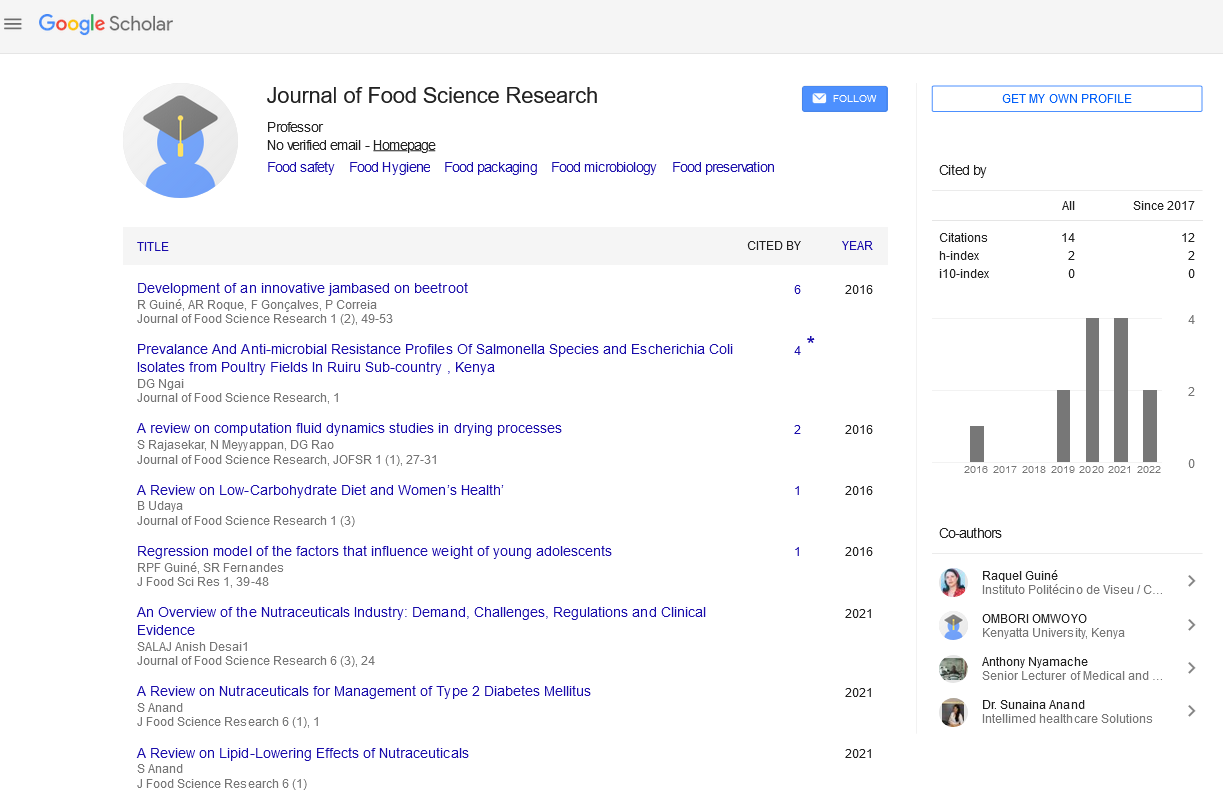Abstract
CALCIUM & VITAMIN D
Author(s): Sumbal Arif,Calcium and vitamin D are essential to building strong, dense bones when you’re young and to keeping them strong and healthy as you age. The information included here will help you learn all about calcium and vitamin D – the two most important nutrients for bone health. What is Calcium and What Does it Do? Calcium is a mineral that is necessary for life. In addition to building bones and keeping them healthy, calcium enables our blood to clot, our muscles to contract, and our heart to beat. About 99% of the calcium in our bodies is in our bones and teeth. Every day, we lose calcium through our skin, nails, hair, sweat, urine and feces. Our bodies cannot produce its own calcium. That’s why it’s important to get enough calcium from the food we eat. When we don’t get the calcium our body needs, it is taken from our bones. This is fine once in a while, but if it happens too often, bones get weak and easier to break. SOURCES OF CALCIUM ï½ Food is the best source of calcium. Dairy products, such as milk, yogurt, and cheese are high in calcium. Certain green vegetables and other foods contain calcium in smaller amounts. Some juices, breakfast foods, soymilk, cereals, snacks, breads and bottled water have added calcium. If you drink soymilk or another liquid that is fortified with calcium, be sure to shake the container well as calcium can settle to the bottom. ï½ A simple way to add calcium to many foods is to add a single tablespoon of nonfat powdered milk, which contains about 50 mg of calcium. It is easy to add a few tablespoons to almost any recipe. Reading Food Labels – How Much Calcium Am I Getting? To determine how much calcium is in a particular food, check the nutrition facts panel for the daily value (DV). Food labels list calcium as a percentage of the DV. This amount is based on 1,000 mg of calcium per day. For example: ï½ 30% DV of calcium equals 300 mg of calcium ï½ 20% DV of calcium equals 200 mg of calcium ï½ 15% DV of calcium equals 150 mg of calcium CALCIUM SUPPLEMENTS The amount of calcium you need from a supplement depends on how much you get from food. Try to get the daily amount recommended from food and only supplement as needed to make up any shortfall. In general, you shouldn’t take supplements that you don’t need. If you get enough calcium from foods, don’t take a supplement. There is no added benefit to taking more calcium than you need. Doing so may even carry some risks ï½ Calcium supplements are available without a prescription in a wide range of preparations (including chewable and liquid) and in different amounts. The best supplement is the one that meets your needs for convenience, cost, and availability.

